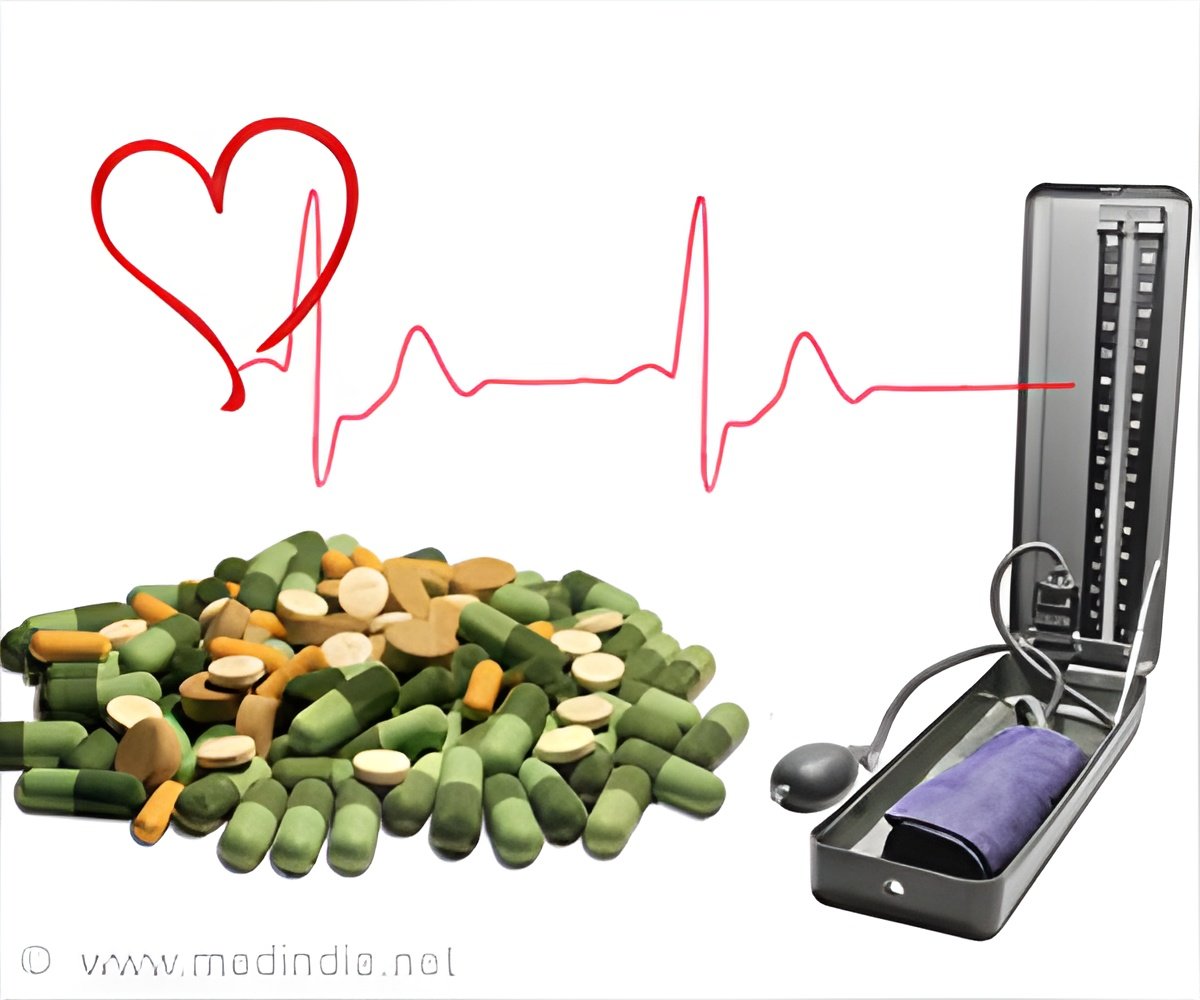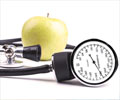
For the study, the research team analyzed data from nearly 9,000 participants and found that patients with antihypertensive medication with well-controlled hypertension still had twice the risk of cardiovascular disease events in the next nine and a half years compared with study participants who had the same low blood pressure levels without treatment.
The findings of this new study strongly suggest that there should be an even greater effort to maintain lower blood pressure levels in younger adults to avoid increases in blood pressure over time that may eventually require medication.
Lyoyd-Jones said, "A greater focus on healthy lifestyles, such as healthier eating patterns, with more fruits and vegetables and lower sodium intake and regular participation in physical activity are the best means for preventing blood pressure levels that might require medication."
The study was published in the Journal of the American Heart Association.
Source-IANS















